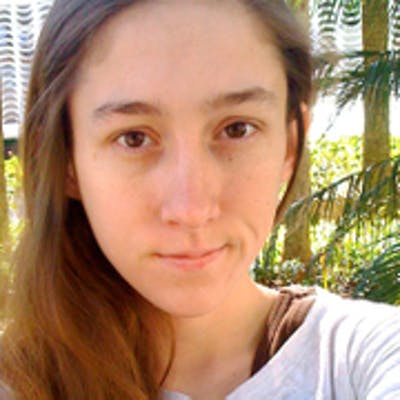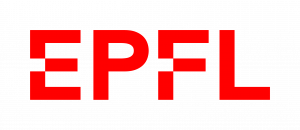Course instructors
Prof. Heather Miller
Heather Miller is an assistant professor in Carnegie Mellon University's School of Computer Science. Previously, she was a research scientist at EPFL, and the co-founder and executive director of the Scala Center.

